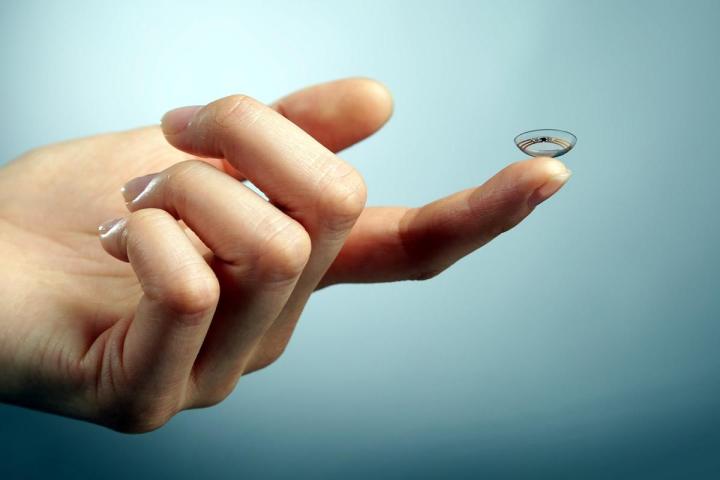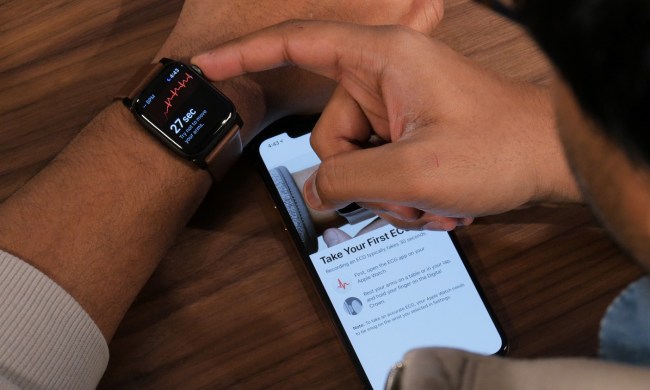
Verily used to be part of Google X, the secret lab where moonshots were tested. It will continue its work developing technologies to track health and cure disease, but will do so without Google X leader Astro Teller overseeing projects.
The new CEO of Verily is Andy Conrad, also the head of Life Sciences. Alphabet has kept most of the former division leaders as newly minted CEOs, avoiding major management upheavals.
Verily will be separate from Calico, another health division focused on longevity. Arthur Levinson will continue to run Calico as an independent branch of Alphabet.
In an introductory video for Verily, the team talks about stopping disease before its spreads, being proactive rather than reactive with healthcare, and offering personal healthcare that understands your body.
“Our multidisciplinary teams have access to advanced research tools, large-scale computing power, and unique technical expertise,” says Verily on its website. “We work with partners from across the industry and many fields of research to develop new technology, launch studies, and start companies.”
It all seems like a bunch of vague ideas, but Google Life Sciences has developed a few products that show potential as the future of healthcare. Contact lenses that can track glucose levels, a spoon for people suffering from tremors, a disease detection platform, and a health-tracking wristband have all come from the division.
Google Life Sciences also conducted an experiment to see what the perfect human would look like, using genetic and molecular information from donors — it is named the Baseline Study.
Alphabet chief executive Larry Page has talked before about how important healthcare is and how Google might be able to do more with less regulation in the United States. Speaking at Vinod Kholsa’s VC event, Page said that if the Health Insurance Portability and Accountability Act, or HIPAA, could be amended to reduce the regulation of medical records in the U.S., it would save 10,000 lives in the first year alone, since medical researchers would be able to data mine more effectively.
While not everyone wants their medical records made available to researchers, Page argues that the information would be anonymous and would help researchers obtain meaningful results. Various researchers working on Apple’s ResearchKit share this sentiment, claiming that being able to mine more data would increase the chances of finding cures to diseases.


